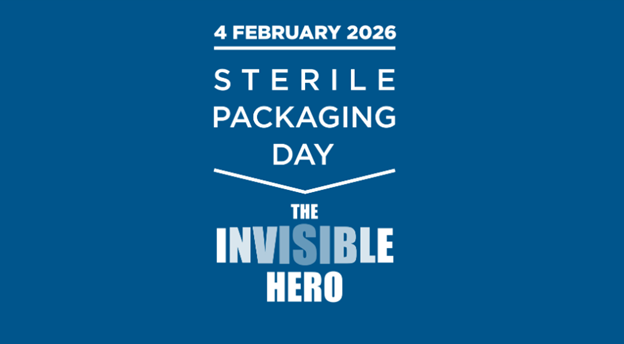Whether your company is all-in, looking the other way, or waiting to follow, addressing climate change in your supply chain management model is no longer a vague notion or cheap buzzword. A proactive approach now can help circumvent crisis mode later.
Depending on your age, you may remember the hype around the 1997 debut of the Toyota Prius hybrid. The idea of this “hybrid” car, using both electric power and less gasoline was the talk of the town. Whether you cared about the vehicle or not, its advent likely had at least some impact on your awareness of alternative energy and non-renewable fossil fuels.
Here we are in 2021, where the Prius is old news and advancing the role of renewable energy and reduced emissions in every aspect of life is not only in style, it is non-negotiable. Whether choosing your next ride, building a political platform or driving a global initiative, it is plain to see that sustainability and reduced emissions will pave every path forward, including that of the worldwide medical products and packaging industries.
An article published in Healthcare Packaging features Eugenio Filippi, Head of Manufacturing, Takeda Pharmaceuticals Company Limited in Vienna, Austria, and offers compelling considerations to help all of us investigate and innovate new ways of “moving trillions of tons of goods around the planet…” There is no time like the present to usher in an era of cleaner, smarter prosperity.
Where to begin? Filippi’s advises fellow pharmaceutical companies and their supply chain partners to start exploring alternative transportation, and push third party logistics providers (3PLs) and other shippers to start addressing the fact that moving trillions of tons of goods around the planet without reducing emissions might soon become unsustainable. Read more about his 5 key logistical questions to ask the medical industry about climate change.




